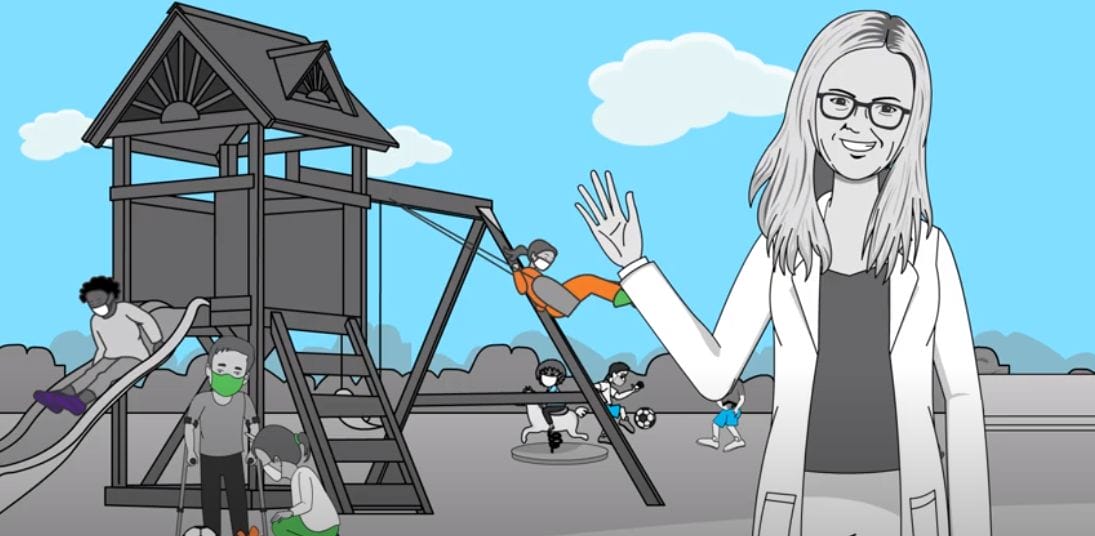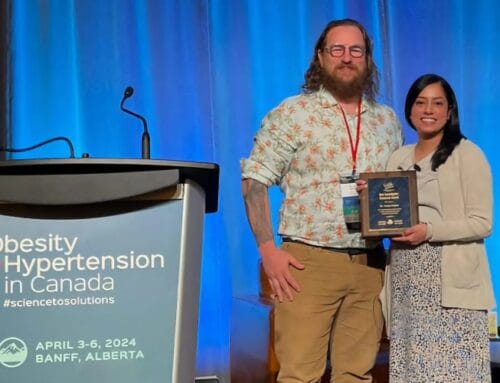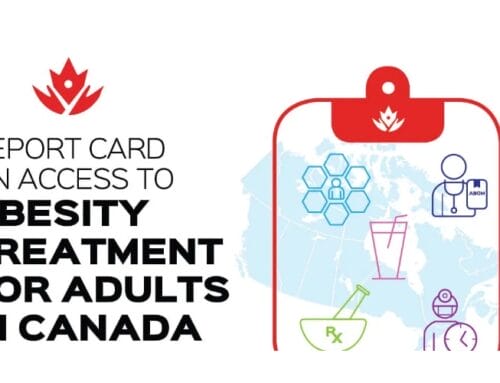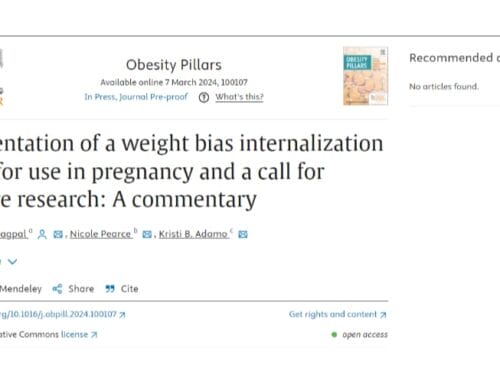By Kate Smith, Communication Coordinator, The UpLift Partnership and Sarah Moore, Scholar, the Healthy Populations Institute
A researcher at Dalhousie University’s Healthy Populations Institute (HPI) has been busy capturing the experiences of children, families, and communities as they adjust to living with COVID-19 and the challenges that come with it. In collaboration with ParticipACTION and Outdoor Play Canada, Dr. Sarah Moore, an Assistant Professor at Dalhousie’s School of Health and Human Performance, conducted a national survey to assess how children and families are adapted their behaviours during COVID-19.
“COVID-19 restrictions have made leaving the house and doing the physical activities we love more challenging — which means kids are moving less, sleeping more, and spending more time on their phones and tablets”, says Moore. The survey found that less than 3% of kids were meeting the 24-hour movement guideline, this percentage drops to 1.5% for kids with disabilities.
We all know that kids should be active, get enough sleep, and limit screen time.
But you may not know how much of each is needed to stay healthy. The 24-hour movement behaviour guidelines for children and youth suggests that:
- Kids ages 5-17 years are supposed to be lightly active throughout the day including 60 minutes of moderate to vigorous physical activity per day, this means an activity that causes you to sweat a little bit. Getting outside really helps – outdoor play often gets kids moving.
- As for screen time –no more than 2 hours of recreational screen time per day. Yes, that includes time spent binge-watching your favorite show! But remember to be gentle with yourself – many families are finding it hard to reduce their screen time during the pandemic! Try to swap out screen time for active play and outdoor time, where possible.
- Kids ages 5-13 are supposed to sleep 9-11 hours per night and kids ages 14-17 years are supposed to sleep 8-10 hours per night. Be sure to set a nighttime routine that works for you – maybe you like to take a warm bath and cuddle up with a book before bed – try for regular bed times and wake up times, it might help!
COVID-19 may have changed our day-to-day lives, but let’s help to preserve healthy daily movement for children and families. “All kids (and adults!) need play and activity – not matter your child’s gender, age, ability, or body size”, Moore emphasizes, “Let’s all get outdoors and get moving”.
So, as we recover from the COVID-19 pandemic, let’s try to engage in healthy movement behaviours — like getting outdoors and into nature, limiting screen time or going for a walk with your family!
To help us cope with pandemic’s challenges, Moore and colleagues from the Healthy Populations Institute have created a whiteboard animation videos focused on ‘Staying Healthy during a Pandemic.’ Scholars associated with HPI have generated key messages from their research to create short, animated, public-friendly videos explaining the impact of the pandemic on health and well-being and offering strategies to better cope. For more information about getting active during COVID-19, check out the first animation video featuring Dr. Moore, here.






